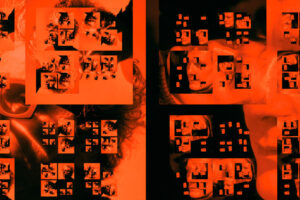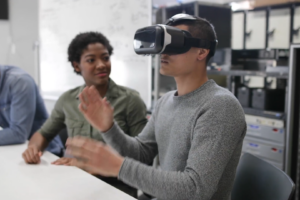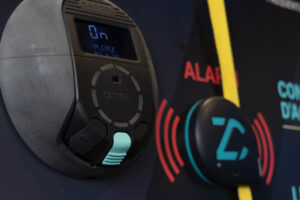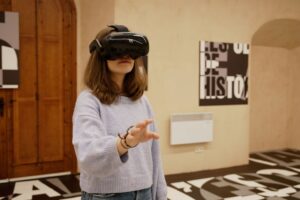
MOST: A unique hybrid device to generate electricity and store thermal energy in an efficient and sustainable manner
November 25, 2024
ROOTBot: An Autonomous Robotic System with Radar for Studying the Root Systems of Fruit Trees
December 9, 202429/11/2024
The Group of Environmental Engineering and Microbiology (GEMMA) at UPC is leading the PROALGAE project, aimed at producing new alternative proteins from biomass derived from microalgae and cyanobacteria cultivated using by-products from the agri-food industry. These alternative proteins aim to provide a sustainable ingredient to meet the growing global demand for protein, applicable in the development of food and feed.
PROALGAE addresses both the bioremediation of agri-food by-products/effluents (decontamination through bioprocesses) and the production of valuable biomass for the preparation of food and feed through algae-based processes. The ultimate goal is to recover nutrients from agri-food by-products to create new protein sources, closing the loop of the agri-food sector within a circular economy approach.
The project scope includes evaluating the feasibility of cultivating microalgae in specific agri-food by-products, characterising the produced biomass, and assessing its application as food and feed. Environmental sustainability will also be evaluated, and potential production will be estimated under future scenarios.
The project is divided into two subprojects:
- The first, led by the GEMMA group at UPC, focuses on nutrient recovery from freshwater agri-food effluents (specifically from the brewing industry) using microalgae cultures. It aims to optimise protein content and enhance the organoleptic properties of the microalgae. It also involves developing protein-rich biscuits using microalgae biomass as an ingredient, with their sensory and nutritional quality evaluated. Finally, a comprehensive analysis of economic, environmental, and social sustainability will be conducted to ensure feasibility.
- The second, led by the Environmental Engineering Group (GIA) at the University of Cantabria, focuses on cultivating microalgae in agri-food effluents for animal feed production. It addresses the bioremediation of high-salinity agri-food by-products (such as whey and aquaculture effluents) using microalgae, defining optimal cultivation conditions. A mathematical model will also be developed to simulate microalgae growth in industrial scenarios, and the impact of alternative proteins derived from these microalgae on fish growth and composition in aquaculture systems will be assessed.
Through PROALGAE, reliance on conventional proteins is expected to decrease by up to 30% by using microalgae grown in effluents, leading to more sustainable and efficient production with benefits for both the environment and the food and feed industries.
The project spans three years (September 2023 – August 2026) with a budget of €277,035. It is funded by the Spanish Research Agency through the State Programme for R&D&I of the Ministry of Science, Innovation and Universities, with additional funds of the European Union from the Next Generation EU programme.

You want to know more?
Related Projects
- The Image and Video Processing Group (GPI), part of the IDEAI-UPC research group, and the Digital Culture and Creative Technologies Research Group (DiCode) from the Image Processing and Multimedia Technology Center (CITM) at the Universitat Politècnica de Catalunya – BarcelonaTech (UPC), have co-organised the AI and Music Festival (S+T+ARTS) together with Sónar+D and Betevé, to explore the creative use of artificial intelligence in music.
- The Visualisation, Virtual Reality and Graphic Interaction Research Group (ViRVIG) at the Universitat Politècnica de Catalunya - BarcelonaTech (UPC) has participated in the XR4ED project, an initiative that connects the educational technology (EdTech) and Extended Reality (XR) sectors, with the aim of transforming learning and training across Europe.
- The inLab FIB at the UPC has collaborated with Lizcore® for the development of a proof of concept based on artificial intelligence to improve safety in climbing with autobelay devices. The system allows the automatic and accurate detection of risk situations before starting a route.
- Researchers from the Centre for Image and Multimedia Technology of the UPC (CITM) and from the DiCode research group (Digital Culture and Creative Technologies Research Group) of the Universitat Politècnica de Catalunya – BarcelonaTech (UPC) have worked on the project The Eyes of History, an initiative of the Catalan Agency for Cultural Heritage that offers an immersive view of Catalan cultural heritage. It is especially aimed at the first and second cycles of secondary education and was created to bring heritage into the classroom. Its goal is to bring the history and monuments of Catalonia closer in a vivid and innovative way, using tools such as virtual reality and new museographic narratives.




